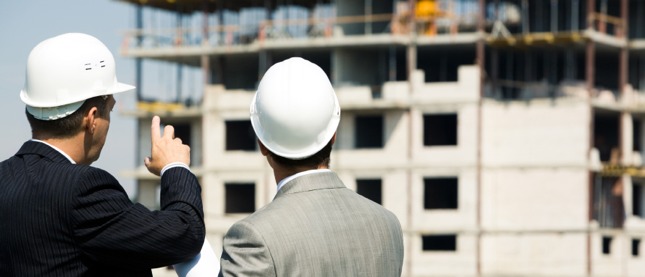
At the heart of the property industry is a concept of conceptualizing and bringing into existence spaces that can cater to the demands of the society. Developers create projects based upon analyses of the market, trends in demographics and plans for urban development. Their foresight is the key to the success and long-term viability of the ventures providing the basis for decisions on layout, design, as well as amenities. If it's commercial, residential mixed-use, or residential developments their ability to predict future demand shapes the appearance of their communities as well as drives the growth of their economy.
However, the pursuit of profitability can often clash with larger social concerns. One of the issues concerning property developers is the trend of gentrification. As they invest in neglected neighborhoods or historical districts and property values increase, attracting affluent residents and firms. In addition, this breathes energy into areas that were once dying but it also displacing the long-time residents as well as small enterprises and increases the socioeconomic gap. Balancing revitalization efforts with the preservation of community identity and affordability remains a significant challenge for developers and policymakers alike.
Additionally, the environmental impacts of construction projects can't be ignored. Property developers are increasingly under stress to incorporate sustainable practices which reduce carbon footprints, preserve green spaces, and increase energy efficiency. Sustainability-focused design options like green roofs, rainwater harvesting systems, as well as LEED certification are now standard features in contemporary developments. More than just complying with laws, developers are recognizing the long-term benefits of environmentally green initiatives. This includes economic savings, increased market competition and an improved public image. To acquire additional information please Go Here

Within the field of commercial real estate, property developers act as catalysts to boost economic growth and urban renewal. When they invest in commercial properties such as office buildings, shopping centers, and industrial parks they encourage growth in employment, bring investments, and increase the overall vitality of urban areas. Strategic location selection, infrastructure development, and amenities provision are crucial factors in maximizing the benefits of commercial projects. Also the adaptive reuse of existing structures or brownfield sites can bring new life to neglected zones, encouraging imagination and innovation in urban design.
The success of property development projects is not just dependent on financial viability but also on the acceptance of society and engagement. Consultation with stakeholders, clear communication and corporate social responsibility programs are integral components of ethical development practices. Participating with citizens and NGOs as well advocacy groups builds trust, fosters inclusivity, and helps ensure that projects coincide with the wider interests of the society. Additionally, including elements of placemaking such as places for public art, recreation areas, and cultural amenities adds to the fabric of communities and fosters a sense of belonging to the residents.